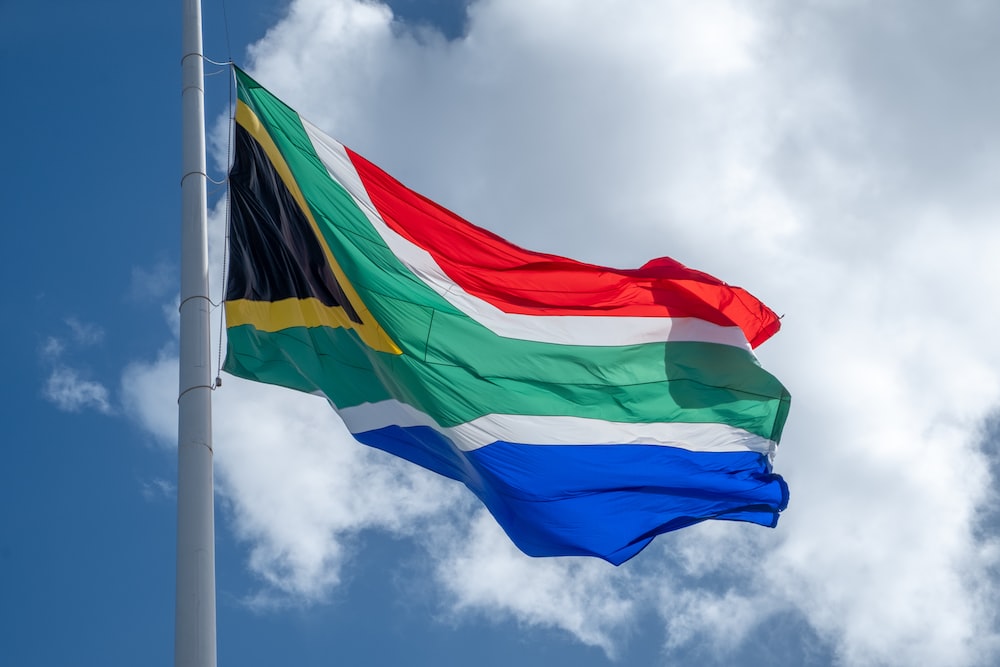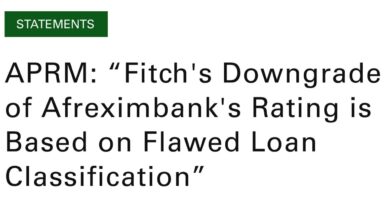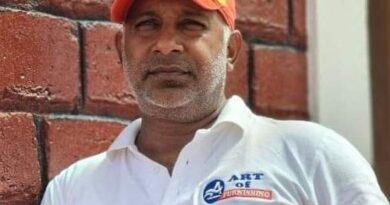A Call for Christian Unity and Governance in South Africa
South Africa, a nation that once stood as a beacon of hope and promise, finds itself grappling with deep-rooted challenges despite being a democracy for nearly 30 years. The country, known for its unequal distribution of wealth, high crime rates, corruption, and political infighting, calls for a transformation in governance and leadership.
In a nation where over 85% of the population associates with Christianity, questions arise as to why South Africa is not governed by a Christian party. Despite several political parties claiming to subscribe to Christian values and principles, a dedicated Christian party like the African Christian Democratic Party (ACDP) struggles to gain significant influence in Parliament or local government levels.
The ACDP, built on the foundation of biblical standards of reconciliation, justice, compassion, and the sanctity of life, has only managed to secure 0.84% of the vote in the 2019 national elections. Possible reasons for its limited impact include leadership challenges and a lack of resources. However, it also suggests that the Christian majority in South Africa may be applying double standards or lacking faith in the Christian faith’s political representation.
As the 2024 general elections approach, the opposition Democratic Alliance (DA) advocates for coalition-building to remove the African National Congress (ANC) from power. While this approach may succeed in toppling the current ruling party, it lacks a clear alternative “New Developmental Programme” for the country.
In light of this, calls are growing for Christian unity and governance. South Africa boasts some of the continent’s largest churches with millions of members. Christian leaders and communities need to join forces with a Christian movement like the ACDP to bring about transformative change in the country.
Throughout history, South Africa, like many other countries, has witnessed governments influenced by various foreign ideologies that have failed to serve the people’s best interests. Now, the question remains: will the Christian community and leadership in South Africa and beyond prioritize biblical principles and values in their political choices?
As the world watches, the upcoming 2024 National Elections offer an opportunity for Christians to choose leadership that aligns with their faith and values. Will Christians “walk the talk” and elect representatives who prioritize Godly governance, or will they continue to talk right while walking left?
With South Africa at a crossroads, the Christian community’s decisions may shape the nation’s future and serve as a model for other Christian-majority countries. As the country seeks to rediscover its once-promising potential, the call for Christian unity and governance could lead to a transformative and Godly-led South Africa.



